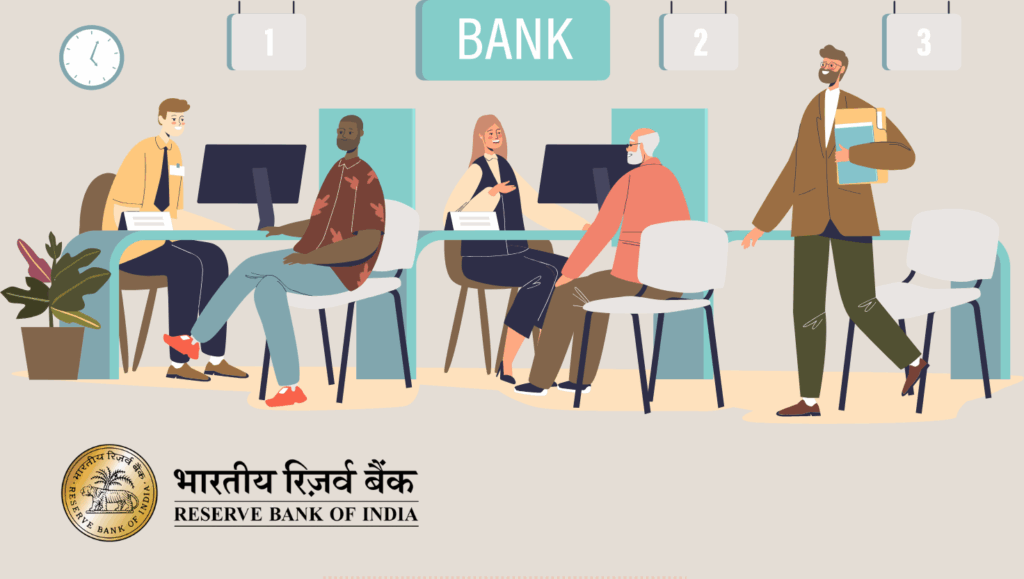
” How overwork is killing employees at a young age. Learn about Karoshi, work-related stress, mental health impacts, and corporate culture’s role. Explore real-life tragedies, economic costs, and actionable steps to prevent overwork. Prioritize work-life balance and mental health to combat this silent epidemic. Read now to protect yourself and your team.”
In today’s fast-paced world, the pressure to succeed and meet ever-increasing demands has led to a significant rise in overwork, particularly among young employees. This phenomenon is not only affecting their mental and physical health but also leading to alarming rates of burnout and even premature death. In this blog post, we will explore the latest data on overwork, its impact on young employees, and strategies to mitigate this growing issue.
The Rise of Overwork Among Young Employees
Overwork, defined as working beyond one’s capacity or for excessively long hours, has become a pervasive issue in many industries. According to a 2023 report by the American Psychological Association (APA), 92% of workers stated that it is very or somewhat important to work for an organization that values their emotional and psychological well-being. However, the reality is that many young employees are facing immense pressure to perform, often at the expense of their health.
The term “Karoshi,” which translates to “death by overwork,” originated in Japan in the 1970s. However, this phenomenon is not confined to Japan alone. Countries like South Korea, China, and even the United States are witnessing a surge in overwork-related deaths. According to a 2021 report by the World Health Organization (WHO), working 55 hours or more per week is associated with a 35% higher risk of stroke and a 17% higher risk of dying from heart disease compared to working 35-40 hours a week.
In Japan, the government reported 2,159 work-related suicides in 2020, many of which were linked to overwork. Similarly, in South Korea, the term “Gwarosa” is used to describe deaths caused by overwork, with statistics showing that long working hours are a significant contributor to the country’s high suicide rate.
A study by Future Forum found that burnout levels among full-time desk-based workers have reached an all-time high since the spring of 2021, with over 40% of workers reporting burnout. Notably, younger employees, particularly those under 30, are at a greater risk of burnout compared to their older counterparts. Nearly half (48%) of 18-to-29-year-olds reported feeling drained, compared to 40% of their peers aged 30 and up.
The Science Behind Overwork and Its Impact on Health
The consequences of overwork are far-reaching and can have severe implications for both mental and physical health. Chronic stress, anxiety, depression, and sleep disorders are common among overworked employees. The World Health Organization (WHO) has recognized burnout as an occupational phenomenon, characterized by feelings of energy depletion, increased mental distance from one’s job, and reduced professional efficacy.
- Cardiovascular Diseases
Overworking puts immense stress on the cardiovascular system. Prolonged periods of stress lead to the release of cortisol, a hormone that, in high levels, can cause inflammation and increase blood pressure. Over time, this can lead to heart attacks, strokes, and other cardiovascular diseases. A study published in The Lancet found that individuals who worked long hours had a 13% higher risk of developing coronary heart disease.
- Mental Health Issues
Overwork is a significant contributor to mental health issues such as depression, anxiety, and burnout. The constant pressure to perform, meet deadlines, and exceed expectations can lead to chronic stress, which is a known risk factor for mental health disorders. A 2020 study by the American Psychological Association (APA) found that 64% of workers reported experiencing significant stress due to overwork, with 32% stating that it had led to depression.
- Weakened Immune System
Chronic stress from overwork can weaken the immune system, making individuals more susceptible to infections and illnesses. A study published in Psych neuroendocrinology found that individuals who worked long hours had lower levels of immune cells, making them more vulnerable to diseases.
- Sleep Deprivation
Overwork often leads to sleep deprivation, which has a cascading effect on health. Lack of sleep can impair cognitive function, reduce productivity, and increase the risk of accidents. Moreover, chronic sleep deprivation is linked to a host of health issues, including obesity, diabetes, and cardiovascular diseases.
The Role of Corporate Culture in Promoting Overwork
Corporate culture plays a significant role in promoting overwork. In many organizations, long hours are seen as a badge of honor, and employees are often rewarded for their “dedication” and “commitment.” However, this culture is toxic and unsustainable. Companies that prioritize profits over employee well-being are contributing to the overwork epidemic.
- The “Always-On” Culture
The advent of technology has blurred the lines between work and personal life. Emails, messages, and work-related notifications often intrude into personal time, making it difficult for employees to disconnect. This “always-on” culture exacerbates stress and contributes to burnout.
- Lack of Work-Life Balance
Many employees struggle to maintain a healthy work-life balance, especially in high-pressure jobs. The lack of flexibility and the expectation to be available around the clock leave little time for relaxation, family, and self-care.
- Fear of Job Loss
In an uncertain economic climate, many employees fear losing their jobs if they don’t put in extra hours. This fear drives them to overwork, often at the expense of their health.
The Role of Technology and Remote Work
The advent of technology and the shift towards remote work have blurred the boundaries between work and personal life. While remote work offers flexibility, it also means that employees are often expected to be available around the clock. This constant connectivity can lead to an “always-on” culture, where employees feel compelled to respond to work-related communications outside of regular working hours.
A survey conducted by the APA in 2023 revealed that 57% of workers believe it is very important for their organization to support their mental health. However, the reality is that many organizations have not yet implemented policies to address the challenges posed by remote work. The lack of clear boundaries and expectations can lead to increased stress and burnout among employees, particularly younger ones who may feel the need to prove themselves in their careers.
The Economic and Social Factors
Economic uncertainties and the competitive job market have also contributed to the rise of overwork among young employees. The pressure to secure stable employment and advance in one’s career can lead to long working hours and a reluctance to take breaks. The COVID-19 pandemic has further exacerbated these issues, with many young employees entering the workforce during a time of economic instability and heightened job insecurity.
According to the Future Forum report, younger millennials and Gen Z employees are particularly affected by these stressors, as they feel they have less control and stability in their careers. The fear of layoffs and the need to constantly prove their worth can lead to a cycle of overwork and burnout.
Strategies to Mitigate Overwork
Addressing the issue of overwork requires a multifaceted approach that involves both organizational and individual strategies. Here are some key steps that can be taken to mitigate the impact of overwork on young employees:
- Promote Work-Life Balance: Organizations should encourage employees to maintain a healthy work-life balance by setting clear boundaries and expectations. This can include implementing policies that limit after-hours communication and promoting the use of vacation days.
- Provide Mental Health Support: Offering mental health resources, such as counseling services and stress management programs, can help employees cope with the pressures of work. Creating a supportive work environment where employees feel comfortable discussing their mental health is also crucial.
- Encourage Regular Breaks: Taking regular breaks throughout the workday can help prevent burnout and improve productivity. Organizations should encourage employees to take short breaks and avoid working through lunch.
- Foster a Positive Work Culture: A positive work culture that values employee well-being can go a long way in reducing overwork. This includes recognizing and rewarding employees for their efforts, promoting teamwork, and providing opportunities for professional development.
- Implement Flexible Work Arrangements: Offering flexible work arrangements, such as remote work options and flexible hours, can help employees manage their workload and reduce stress. Organizations should also provide the necessary tools and resources to support remote work.
- Educate Employees on Time Management: Providing training on time management and prioritization can help employees manage their workload more effectively. This can include workshops, seminars, and online courses on productivity and stress management.
- Monitor Workload and Burnout Levels: Regularly assessing employee workload and burnout levels can help organizations identify and address issues before they become severe. This can be done through surveys, one-on-one meetings, and performance reviews.
Overwork is a serious issue that is taking a toll on young employees, leading to burnout, health problems, and even premature death. By understanding the factors contributing to overwork and implementing strategies to address them, organizations can create a healthier and more sustainable work environment. It is essential for both employers and employees to prioritize well-being and work together to combat the detrimental effects of overwork.
-

Why A Karnataka HC Judgment Could Make Government Officials Think Twice Before Relieving Officers Without A Next Posting
-

PM Kisan 22nd Installment Date 2026: Expected Release, Beneficiary Status & Complete Guide
-

Livspace Fires 1,000 Employees and Cofounder Quits: Inside India’s Most Shocking Startup Shakeup of 2026
-

US Supreme Court Strikes Down Trump’s Global Tariffs as ‘Unlawful’ — The 18% Tariff on India Is Now Illegal
























